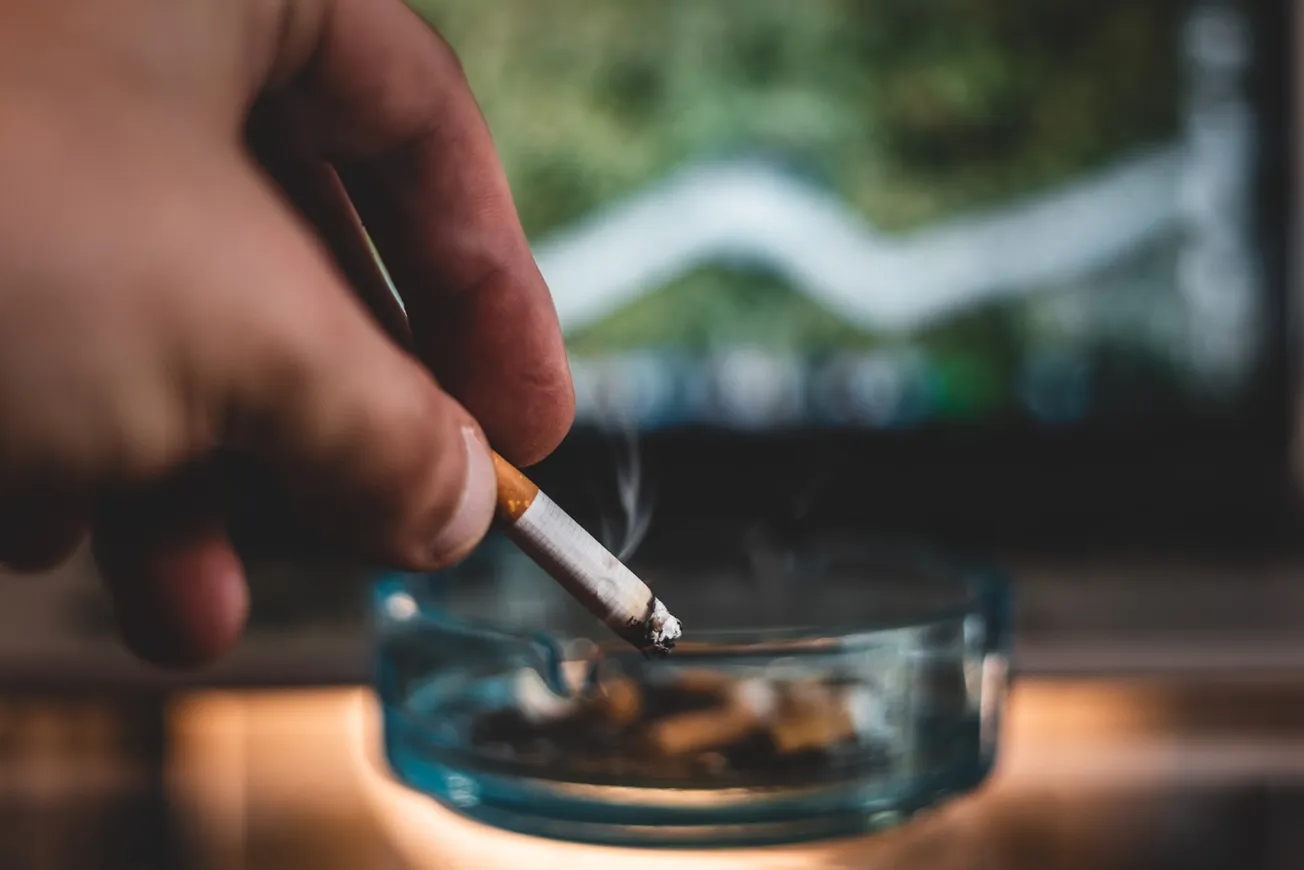Table of Contents
Centre of Research Excellence:
Indigenous Sovereignty and Smoking
The Centre of Research Excellence: Indigenous Sovereignty and Smoking has an international focus on reducing tobacco related harms among Indigenous peoples globally. www.coreiss.com
Researchers who studied store robberies for tobacco are calling for the police to step in before the smokefree law is made more repressive.
The study published yesterday in the International Journal of Community Safety and Well-Being found a mismatch between the perceived causes of the explosion in robberies for tobacco and the proposed solutions.
Financial strain and other social determinants that increase susceptibility to participating in crime were perceived to be a cause of the robberies. In addition, public health had not alleviated those determinants before increasing the price of tobacco beyond what a majority of smokers could afford.
At an average price of $32 for a pack of 20 cigarettes, New Zealand has one of the highest prices for tobacco relative to income in the OECD.
“Despite the high price, people didn’t quit. Partly this was because stop smoking support wasn’t acceptable or effective for the groups with the highest smoking rates” said Dr Glover who led the study.
The study analysed the views of different types of commentators quoted in media reports. Towards the end of the second year of the tobacco crime spree that occurred during 2016 and 2017, most commentators converged in their view that the high price of tobacco had led to extraordinary demand for black market cigarettes.
“The high tax combined with other tobacco control policies caused cigarettes to become so valuable, people said, that tobacco became a currency. That is, on the black market, cigarettes could be used to buy drugs and other illicit goods. This exacerbated the risk of robberies for convenience store owners.” Dr Glover said.
A further mismatch, perceived by grassroots stakeholders, community spokespeople and the retailers who bore the brunt of the frequently violent assaults by tobacco thieves, was that policing and enforcement were inadequate. In their view, the justice system was too lenient and did not offset the perceived rewards gained by offenders.
“Public health is increasingly co-opting police as a repressive resource to enforce laws aimed at prohibiting behaviours that are a risk to health, such as, smoking. But the risk is this diverts police from their historically established and expected role in society which is to prevent serious crime.” Dr Glover said.
“Public health policies, like the proposed prohibition that will ban future adults from ever being able to buy tobacco legally, and the plan to albeit remove nicotine from tobacco, risks increasing violent crimes associated with black markets. Full nicotine tobacco will become even more valuable and alternative substances and concoctions to put into the dud cigarettes will be created.”
“The proposed increase in enforcement and penalties risks magnifying disparities and increasing the number of people imprisoned. Maori already make up over 60% of the imprisoned population. They also have the highest smoking rates, so Maori are particularly likely to fall foul of the new law.” Dr Glover warned.
The study concludes that to prevent these types of serious negative consequences from occurring, the police need to have a greater say in the design of public health policies that seek to co-opt them to prevent or reduce the use of targeted substances or behaviours.
“It is important that the police should be involved when public health calls for repressive regulation in an attempt to prohibit behaviours that represent a health risk, but in other ways cause no harms that fall within the remit of the police,” said Dr Glover.









